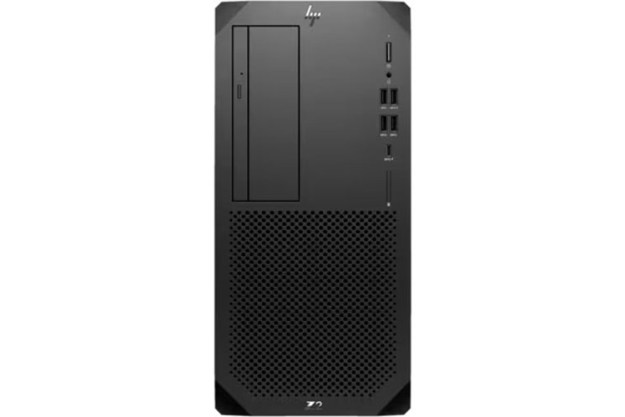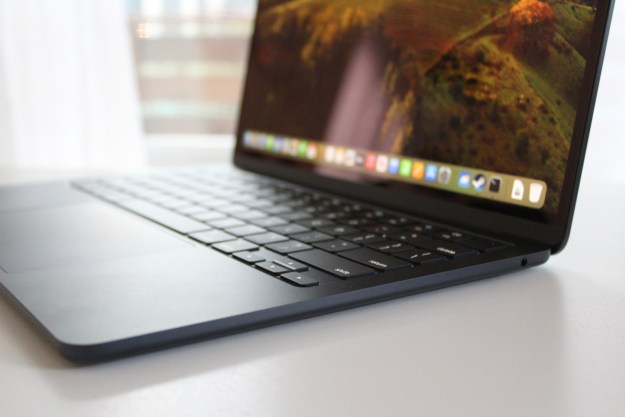
Recent news reports suggested the DHS would expand an existing ban preventing passengers on certain Middle Eastern and African airlines from taking laptops and other electronic devices into the cabin, but for the time being at least, this won’t happen.
Instead, new security measures affecting 325,000 airline passengers coming to the U.S. daily from 280 international airports will be put in place in July.
Announced by U.S. Homeland Security Secretary John Kelly on Wednesday, June 28, the “seen and unseen” procedures will include “enhanced screening of electronic devices, more thorough passenger vetting, and new measures designed to mitigate the potential threat of insider attacks.”
Kelly said officials will also work to encourage carriers and airports around the world “to adopt more sophisticated screening approaches,” including more effective use of explosive detection dogs and advanced checkpoint screening technology.
Finally, the DHS also plans to set up more so-called “preclearance locations” where U.S. officials work at overseas airports carrying out passenger checks for U.S.-bound flights, a system that Kelly said enhances security while also increasing efficiency by allowing international travelers to go through customs and border security screening before stepping on the plane.
“We cannot play international whack-a-mole with each new threat,” Kelly said. “Instead, we must put in place new measures across the board to keep the traveling public safe and make it harder for terrorists to succeed.”
The DHS’s decision not to expand the ban on taking large electronic items into the cabin will come as a relief not only to passengers, but also to airlines, many of which feared serious disruption to boarding procedures. While the new rules could still result in longer-than-usual screening time of passengers’ belongings, the procedures should nevertheless be more amenable to both travelers and airlines.
The enhanced checks come as “terrorist groups continue to target passenger aircraft,” the DHS said in a release. “We have seen a ‘spider web’ of threats to commercial aviation as terrorists pursue new attack methods. Based on these concerns, the DHS is working to raise the baseline of global aviation security to keep the traveling public safe, in coordination with our international partners.”
Editors' Recommendations
- U.S. may call a halt to its civilian drone program over security fears
- U.S. Interior Department grounds 800-strong drone fleet over security fears


